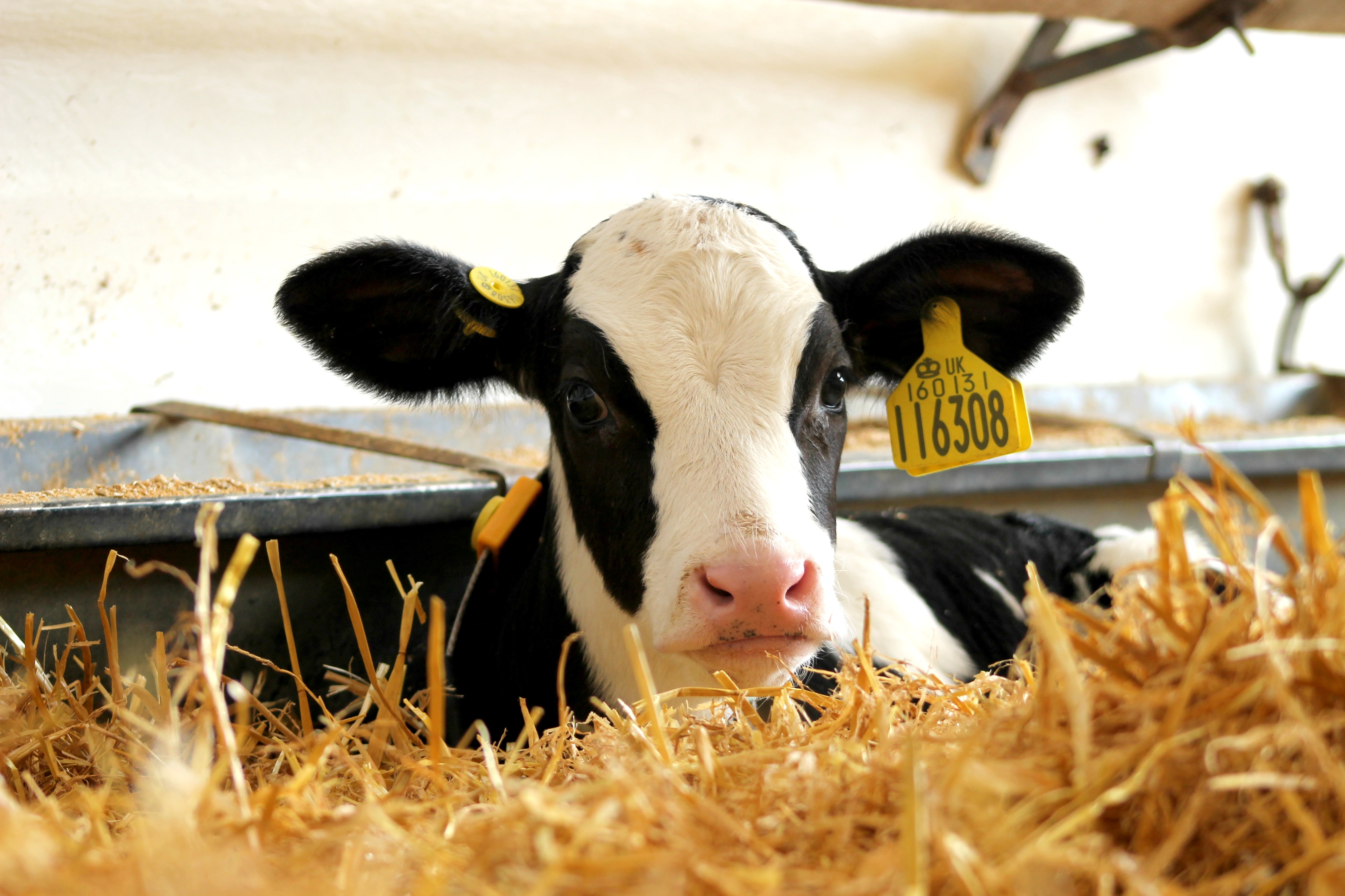WITH animal welfare climbing ever higher up the agenda across all livestock sectors in the UK, and with increasing pressure on labour, costs and efficiency; Cogent Breeding explains to The Journal how its suite of solutions is capable of improving the welfare of dairy cows.
The production of dairy bull calves on-farm is an issue which is being wholeheartedly addressed by farmers and industry stakeholders alike. And the advent of sexed semen means producing a minimal number of bull calves has never been easier.
According to AHDB, 30% of calves born on dairy farms are females destined to be herd replacements while up to 95% of the remaining calves are reared for beef or rose veal.
Working in collaboration with the whole supply-chain and its stakeholders, AHDB has proposed a target to ensure all calves are reared with care and the practice of euthanasia is eliminated by 2023.
Across the industry sexed semen has historically delivered between 85 and 90% heifer calves, but SexedULTRA 4M High Purity from Cogent provides the possibility of producing 96-97% female calves without the need to compromise on conception rates as it delivers comparable conception rates to conventional semen.
By targeting sexed semen on the highest genetic merit animals in the herd, this leaves the opportunity to implement Cogent’s sexed and beef strategy with beef semen being used on the remaining animals to produce a higher value beef-sired calf which also fulfills the requirements of the processors.
While most bull calves are already utilised in the food chain the welfare aspect of sexed semen is particularly beneficial for block calving and Jersey herds where the value of a bull calf is often significantly lower and routes to market are limited.
To ensure calves get off to the very best start and thrive throughout their life, the timely feeding of high-quality colostrum is vital within the first six hours after birth.
The repercussions of poor colostrum management will influence the health, growth and performance of the calf for the rest of its life.

Cogent’s National Business Development Manager, Ben Hogg says: “If maternal colostrum is of poor quality or compromised by health status, it is vital to select a replacer with high levels of Immunoglobulin G, and the highest level of accredited health status to guarantee no disease transfer.”
Cogent recommends following the three Qs of colostrum management - quality, quantity and quickly
According to AHDB a good quality colostrum contains at least 50g/litre of antibodies known as immunoglobulins (IgG), as a market leader Cogent’s Primestart Colostrum contains this very same level to give calves the best possible start in life.
Cogent’s powdered colostrum product is harvested from high health status farms and offers a guarantee of freedom from diseases such as TB, Enzootic Bovine Leukosis, IBR and Johne’s disease.
Using technology to aid heat detection within dairy herds has become commonplace, but Cogent’s PrecisionCOW collars are able to monitor the health of cows too, helping to increase cow efficiency and welfare on-farm.
The system analyses a cow's behaviour with standards for optimum condition and the previous behaviour on an individual basis as well as the behaviour of the cows in her group. This allows the system to establish any unusual activity that could be cause for concern.
By monitoring the time a cow spends eating, ruminating and being active, any abnormalities in her behaviour can be identified, the farmer is alerted and much of the time potential health issues can be highlighted before clinical signs become apparent.
This can be particularly useful during stressful periods such as transition where cows are more susceptible to diseases including ketosis, mastitis, displaced abomasum and metritis as a result of changes in feed, environment and energy balance. All these conditions can be indicated by drops in feed intake and rumination as well as activity. They are also good indicators of post-treatment recovery too.
With an increase in the selection intensity of polled genetics in recent years, the discovery of so-called curve-bender bulls, which offer the best genetics as well as carrying the desired polled characteristic means there is no longer a need to compromise on genetic merit when choosing to breed naturally polled cattle.
Mr Hogg says: “We now have a wide range of polled genetics to offer our customers allowing them to reduce a labour-intensive job and continue to drive genetic gain”.

Despite its widespread frequency within the Holstein breed, the horned gene is recessive which means even by using a bull with just one polled allele (heterozygous) 50% of the resultant progeny will be carriers of one of the dominant polled alleles and will themselves be polled.
If a homozygous polled bull is used, usually represented in bull names as PP, meaning he carries two copies of the polled gene, 100% of his progeny will be carriers of one copy of the gene and therefore polled themselves. As well as using Holstein bulls carrying polled genes, some beef breeds including Aberdeen-Angus are naturally homozygous polled carriers too.
Increasing pressure from staff shortages on-farm means any labour-intensive task which can be avoided is valuable in both time and resource.
Stressors including changes in a calf’s routine can cause growth checks, reduction of feed intake and suppression of their immune system - and therefore heightened susceptibility to disease. Alongside changes to feed and feeding patterns, weaning and switching of social groups, disbudding is one of these stressors. By reducing the need to carry out routine disbudding it also reduces the frequency of these stressful handling situations.
(Published in The Holstein Journal Feb 2022)